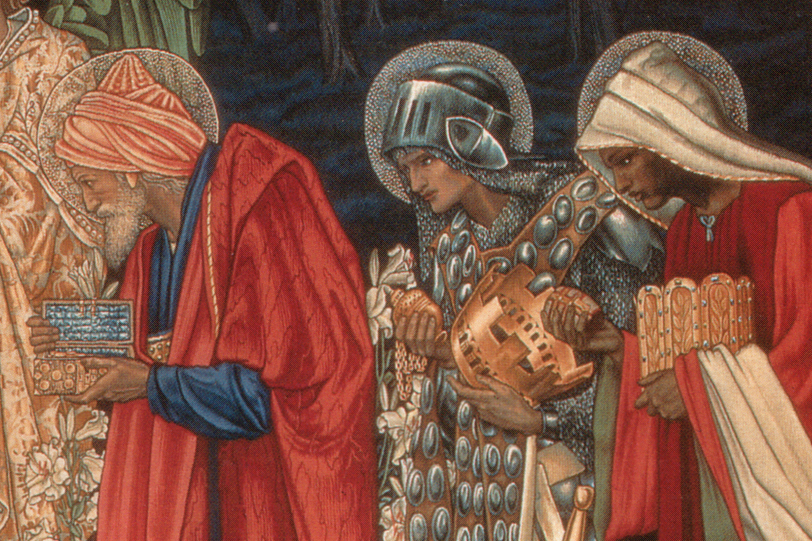“Paul wanted Timothy to
accompany him.” Acts 16:3
It has been a tough month for
classic rock fans, as the world said farewell to David Bowie and then Glenn
Frey of the Eagles. Newspapers and
magazines have brimmed with tributes, salutes have been playing on the radio,
and people all over the world have sent out a word of gratitude on social
media. One trending hashtag after David
Bowie’s death was the single word “irreplaceable,” and a number of celebrities
paid tribute to this remarkably creative artist by calling him “one of a
kind.” The response was a bit more muted
for Frey, as the three other Eagles are still with us. But I did chuckle at an Onion article last week that announced a faux resolution by
Congress to set aside $90 million to protect the remaining Eagles, “so they are
around to rock us, our children, and our children’s children for years to
come.”
The subtext here is that truly great
creative figures are always unique. They
cannot have real successors. When they
die, we lose all that was most valuable about their work, because it is all
tied up in their individual experience and vision. This is a common idea in our culture, an
inheritance of the Romantic ideal of the artist as a kind of possessed
creature, a person whose great gift to the world is translating his or her
deeply personal perspective on the world onto canvas or musical notes or the
stage.
This
modern way is quite different from the way someone like Bach or Giotto or a
traditional artisan approached creative work.
There’s no accountability to God or a living tradition or a shared moral
vision. “To thine own self be
true”—that, I suppose, is the only maxim of the creative world these days, and
though it sounds heroic, in reality, it’s really quite limited and fragile. There will be a star on some walk of fame, a
bit of airtime on the oldies station, a fan page, some relics gathering dust in
a museum case. But if we really are
irreplaceable and one of a kind, well once we’ve gone, there is no more.
One
of the enduring themes of the Bible is that truly great figures always have
successors.

